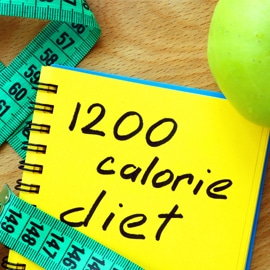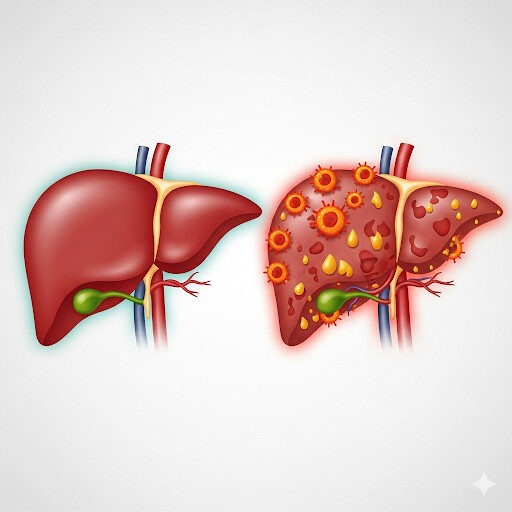Medical Weight Loss Updates: Part 1 – the Energy Gap
Dr. Ethan Lazarus is attending the Medical Weight Loss lecture series in Orlando, Florida this week. The ASBP meeting attracts about 500 doctors specializing in medical weight loss from across the country. Dr. Lazarus was a featured speaker at this year’s meeting, helping prepare weight loss doctors for the upcoming Obesity Medicine board examination next month.
 Dr. Ethan Lazarus is attending the Medical Weight Loss lecture series in Orlando, Florida this week. The ASBP meeting attracts about 500 doctors specializing in medical weight loss from across the country. Dr. Lazarus was a featured speaker at this year’s meeting, helping prepare weight loss doctors for the upcoming Obesity Medicine board examination next month.
Dr. Ethan Lazarus is attending the Medical Weight Loss lecture series in Orlando, Florida this week. The ASBP meeting attracts about 500 doctors specializing in medical weight loss from across the country. Dr. Lazarus was a featured speaker at this year’s meeting, helping prepare weight loss doctors for the upcoming Obesity Medicine board examination next month.
Here is some information based on the latest scientific research with regards to Obesity Medicine and medical weight loss:
- Is a calorie a calorie?
Calories are reported based on how a food is metabolized in a test tube. Evidence suggests that some individuals may extract far more, some far less calories from a food than what occurs in the lab, thus yielding very different results on different diets or medical weight loss programs. Potential explanations include: differing bacteria in the intestine and how much of the food is absorbed vs. passed as waste. - The Energy Gap
We commonly tell weight loss patients that if you reduce your calorie intake by 500 calories a day or 3500 calories a week, you will lose 1 pound of fat weight. Unfortunately, this isn’t true. As we lose weight, we become more hungry (more on this in a later post) and our metabolic rate drops, it uses less energy to move around, it uses less energy to metabolize less food, and we become more efficient with our energy use. So we are more hungry and use less energy, resulting in less weight loss for the 3500 calorie deficit than we would expect.
This is the “Energy Gap.”
Energy Gap with weight loss => Increased hunger + Decreased energy expenditure - Trans-fat free foods are not actually trans-fat free
Food labels are allowed to list a food as “fat free” if it has less than 0.5 grams of fat. So, “Trans-fat free” may still have 0.49 grams of trans-fats. If you don’t believe this, look at cooking sprays – how can sprayed olive oil be “fat-free” if it is 100% fat?





Hi, I am a RD from FL interested in learning more about calculating the energy gap in pt’s wanting to lose weight. Do you have any useful research articles? I have not been successful at finding recent articles.
Thank you!
Hi Melia – in terms of the metabolism side, there are several studies you could reference including a study called “Pounds Lost” De Jonge et al. Obesity. 2012., Rosenbaum M et al. Am J Physiol Regul Integr. 2003;285:183-192, and the “Biggest Loser” 6-year follow-up study, Fothergill et al. Obesity 2016. Regarding increase in appetite following weight-loss intervention (in this study, done with a Very Low Calorie Diet, or VLCD), try Sumithran et al. NEJM. October 27, 2011. Pp 1597-1604.
.